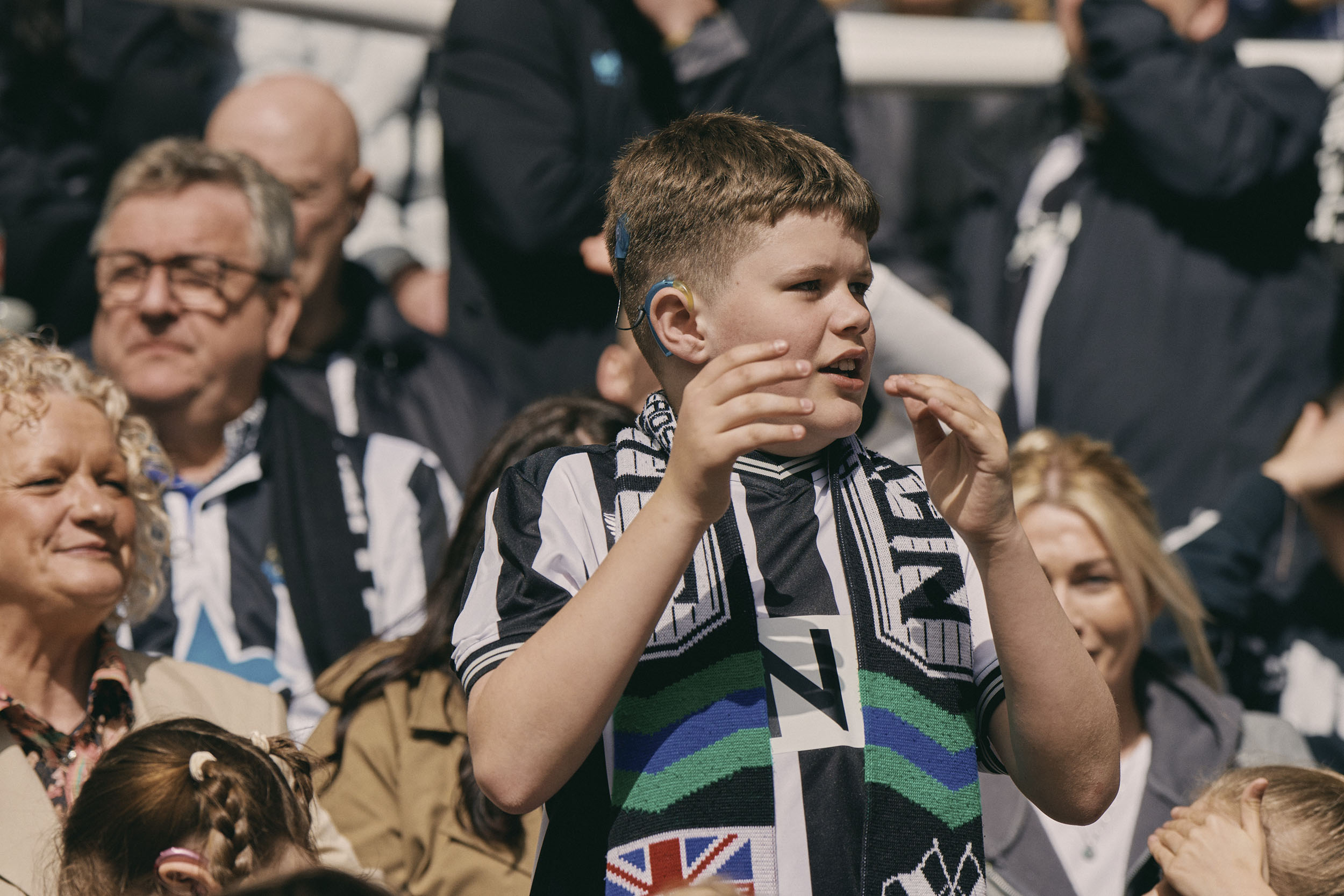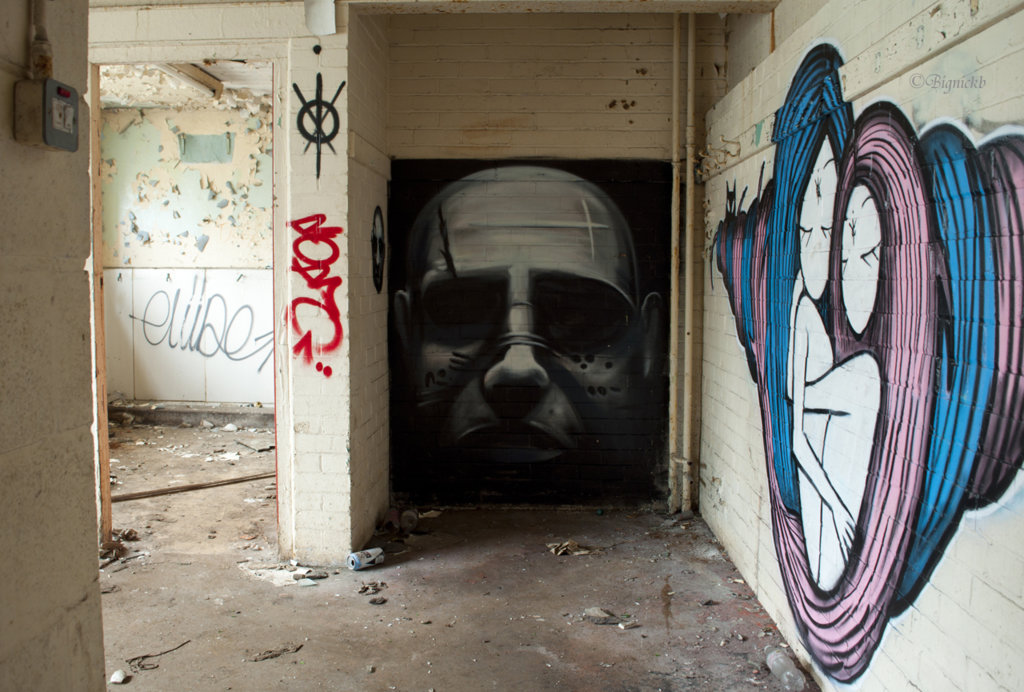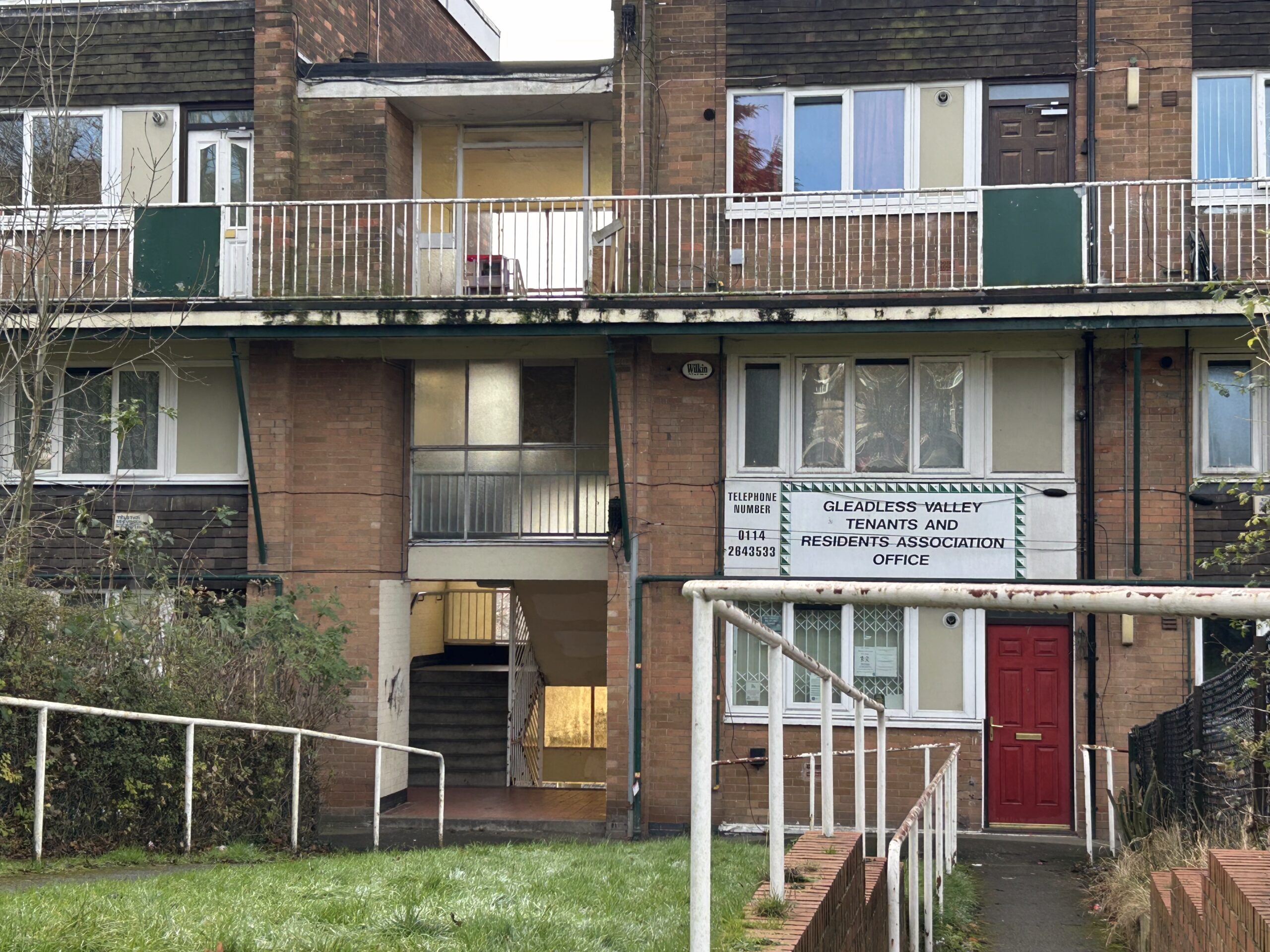The captain of an England women’s sports team says deaf football has opened doors she would never have imaged.
Zara Musker, 25, captains England’s Deaf Futsal team – a indoor type of football, played on a hard court with only five players on each side.
She said although deaf football was once sidelined, with recent Deaf Futsal triumphs for the country and greater involvement from the FA there are signs of change.
Zara originally played mainstream football and was raised in a hearing family. The first time she ever met a deaf person was at England Deaf Futsal camp at 13 years old.
“The first deaf football game I called up my dad and asked me to come pick me up. I didn’t understand all the signing they were doing,” she said.
Zara grew up with hearing aids, but during the Covid lockdown she lost all of her hearing and was left in complete silence for six months.
“I’d grown up with all of my hearing thanks to my hearing aids, I never struggled in school. But when Covid hit and I became deaf everything changed.
“I had got a place at Liverpool John Moore’s University to study clinical exercise physiology but I had to contact them and say I couldn’t attend as I wouldn’t have been able to hear anything. This gave me time to reflect on what I want from my life, and which situations I need to put myself in, and how to be the role model I never had growing up.”
From this, Zara decided to change her path, and trained to become an audiologist. She is currently in her final year of study and says that the work is the most rewarding thing she has ever experienced.
Zara says she never would have had the confidence to make this leap without her experiences as a deaf sports player.
She said: “Sport is an outlet, and without making that choice to try out deaf sports, from my mainstream background, I would never be where I am today.”
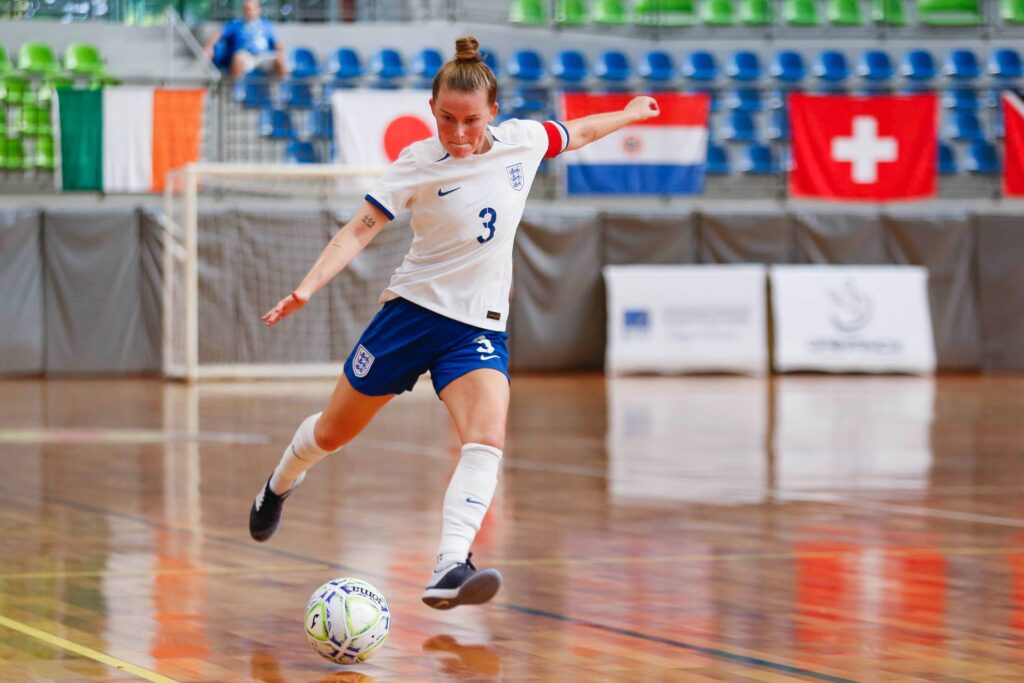
Julie Callaghan is County Coach Developer for Sheffield & Hallamshire and she was also Zara’s coach for many years.
She initially spotted Musker playing at a local football academy and got in contact. At first, she was hesitant, and it took almost two years before Zara agreed as she didn’t identify as a deaf sportsperson.
Zara struggled to fit in at first as she says she was often told at camps that she wasn’t deaf enough, and didn’t understand how her teammates communicated. She also said that when she was younger, the standard of football in these deaf teams was not on par with other mainstream teams.
But now she says this standard has massively improved, attributing this to players that grew up in mainstream hearing football and futsal teams.
“Unfortunately that is what you have to do, so that is why we need coaches that are accessible. The FA are putting in programmes and pathways for deaf boys and girls to feel welcome in the team,” she said.
Julie is hoping to work on a new ‘Comet’ programme with the FA over the next few years. This will create a set of four deaf teams that will be able to play in their own league. These standalone teams could then be attached to a grassroots club and increase the information and accessibility for deaf players.
She explained that it is incredibly important to show deaf people that they have access to the game, and there are spaces open to them.
She also highlights that many players do not want to go down the route of deaf playing, but it is important to have this as an alternate option to make both young people and their parents comfortable.
“I recently went to the European World Competition and there was a six year old with a cochlear implant at the event and she was absolutely awesome, I thought to myself, she could potentially be on the England team one day so how do we make her the best, how do we give her the opportunity to succeed?”
She said that often clubs do not consider how to involve deaf players until one joins their team. She recommends that any coach who is looking to include a deaf player at least learn BSL Level 1.
“Just learning the deaf alphabet makes the world of difference – everyone can spell, and making the effort to spell things out can be very helpful,” she added.
She also says that coaches should be mindful of their positioning towards players to make sure that players can lip read. Even learning how to stop the game poses its own challenges and players have to learn to work as a team to communicate this.
“Not everyone will play for England, but everyone should be given the chance to be the best they can be, in whichever form that is.”
A major element of inclusion of deaf people in sport, is also making spectating accessible too.
Teri Devine works for the Royal National Institute for Deaf People (RNID) and worked closely with Newcastle and Sela on their launch of their new sensory football shirt. The shirts transform the noise of the stadium into real-time touch sensation.
She was there when the two deaf Newcastle fans, David and Ryan first tried out the kit. She says they immediately started dancing, so overwhelmed by being able to experience the feeling of a crowd for the first time. David’s mum said she’d never seen him dance before and couldn’t stop laughing at the pair.
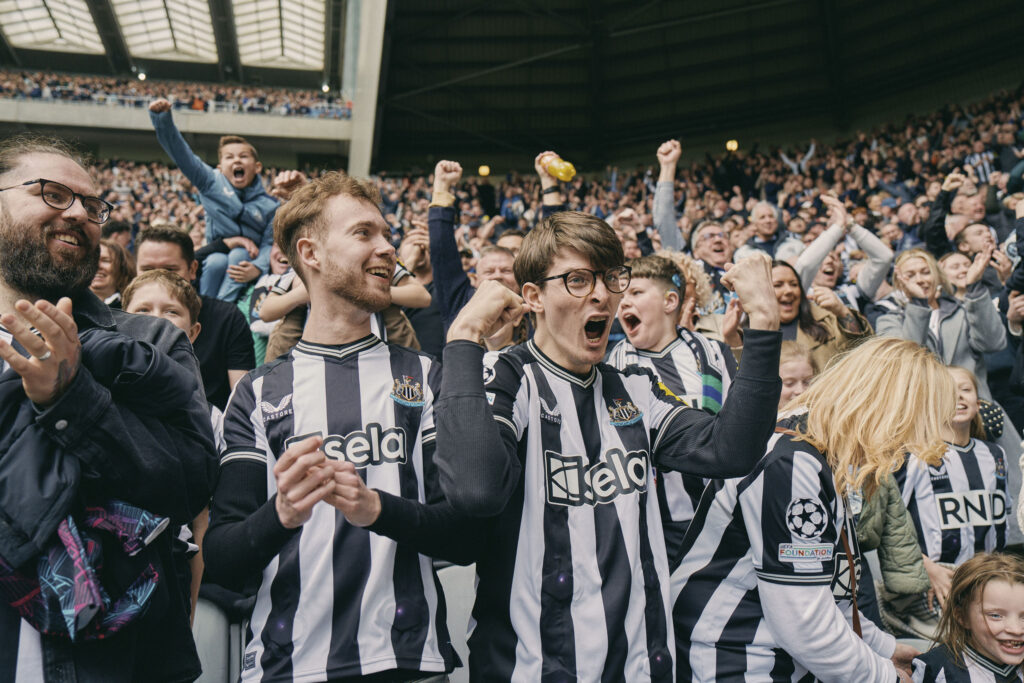
Alongside getting feedback on the kit, RNID also met with the match day mascots, who are deaf or have hearing loss and taught players how to cheer in sign.
Despite these exciting developments, Teri says that there is still a way to go to make spectating fully accessible.
She says that efforts need to be made to educate ground staff to become more deaf aware, such as making sure they are facing fans while speaking so that they can lip read.
“One in five people have hearing loss, so in a big stadium there is potential for almost 10,000 fans to struggle to hear,” she explains.
“When we surveyed, 29% of fans with hearing loss have previously decided not to attend a game as they thought it would not be accessible for them.”
This means that stadiums must also consider how they deliver announcements as deaf fans cannot hear the traditional ones made over the PA. This can cause them to panic and follow the crowds, unaware of what is happening.
Hearing loops have also been created specifically for deaf spectators, but Teri says that these are often the worst seats in the house, meaning the view is often obscured by a pillars. This is counterintuitive when trying to provide for those most reliant on eyesight to be involved in the game.
“Deaf people love sport just as much as anyone else, they just want to be able to experience it the same way,” she said.
In spite of this, she says that the increase in awareness for deaf spectators following the launch alone has suggested positive change for deaf awareness in sport. They are still working on the logistics of how to allocate the shirts day to day, but this will be decided shortly.
Though at one point Zara says that being deaf was a taboo in sport, she believes with the support of coaches like Julie, and the funding of associations like the FA and RNID, deaf sport can continue to grow and expand.

